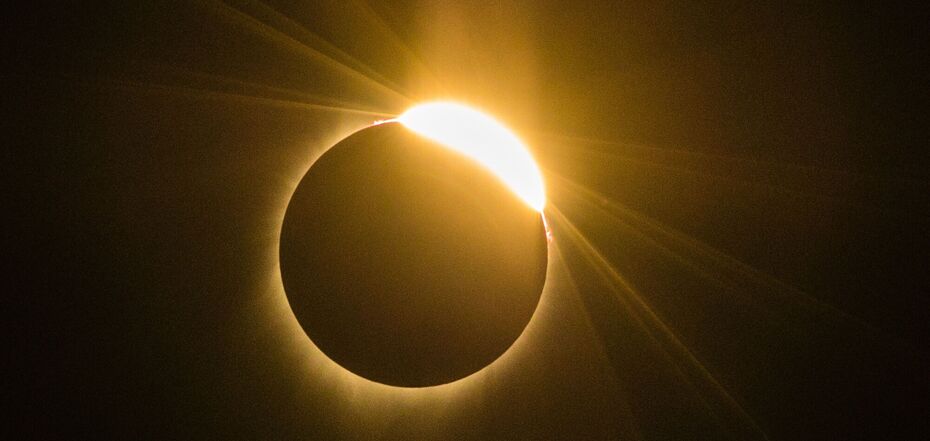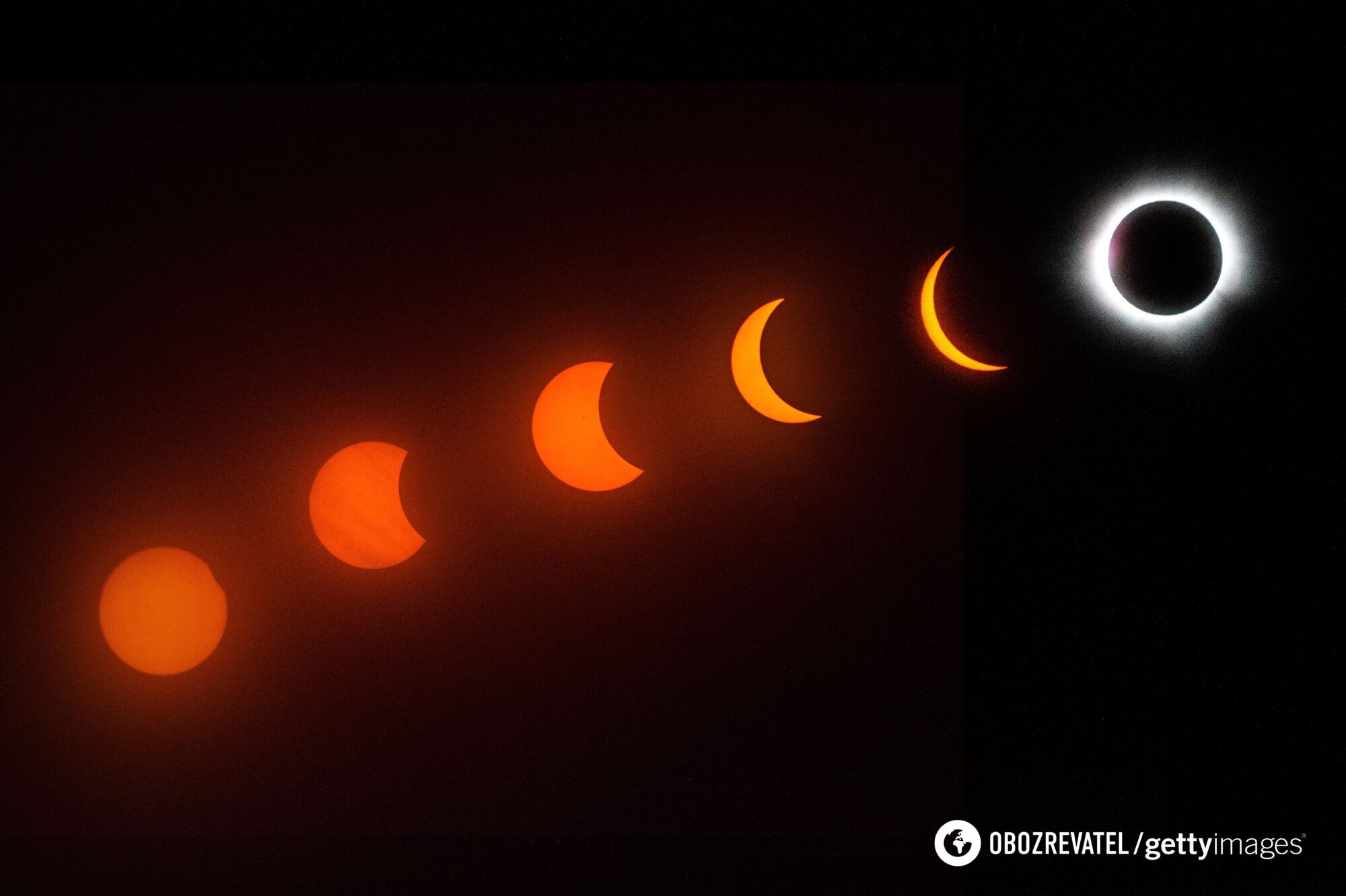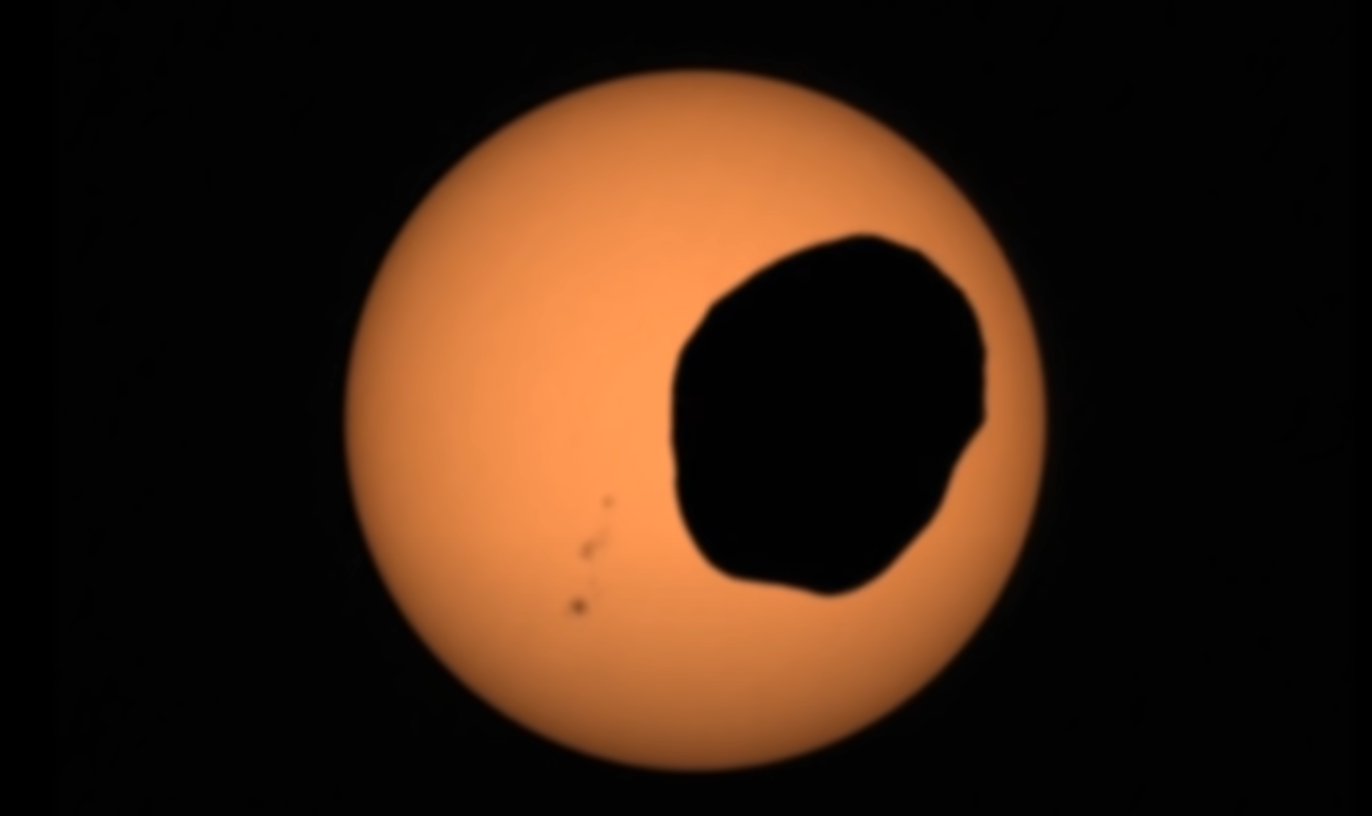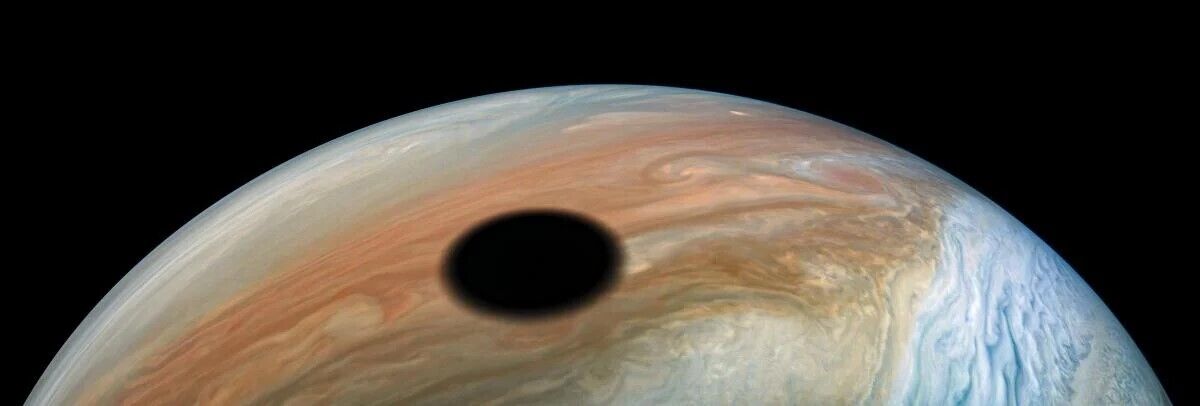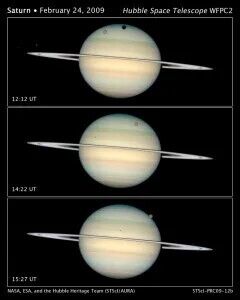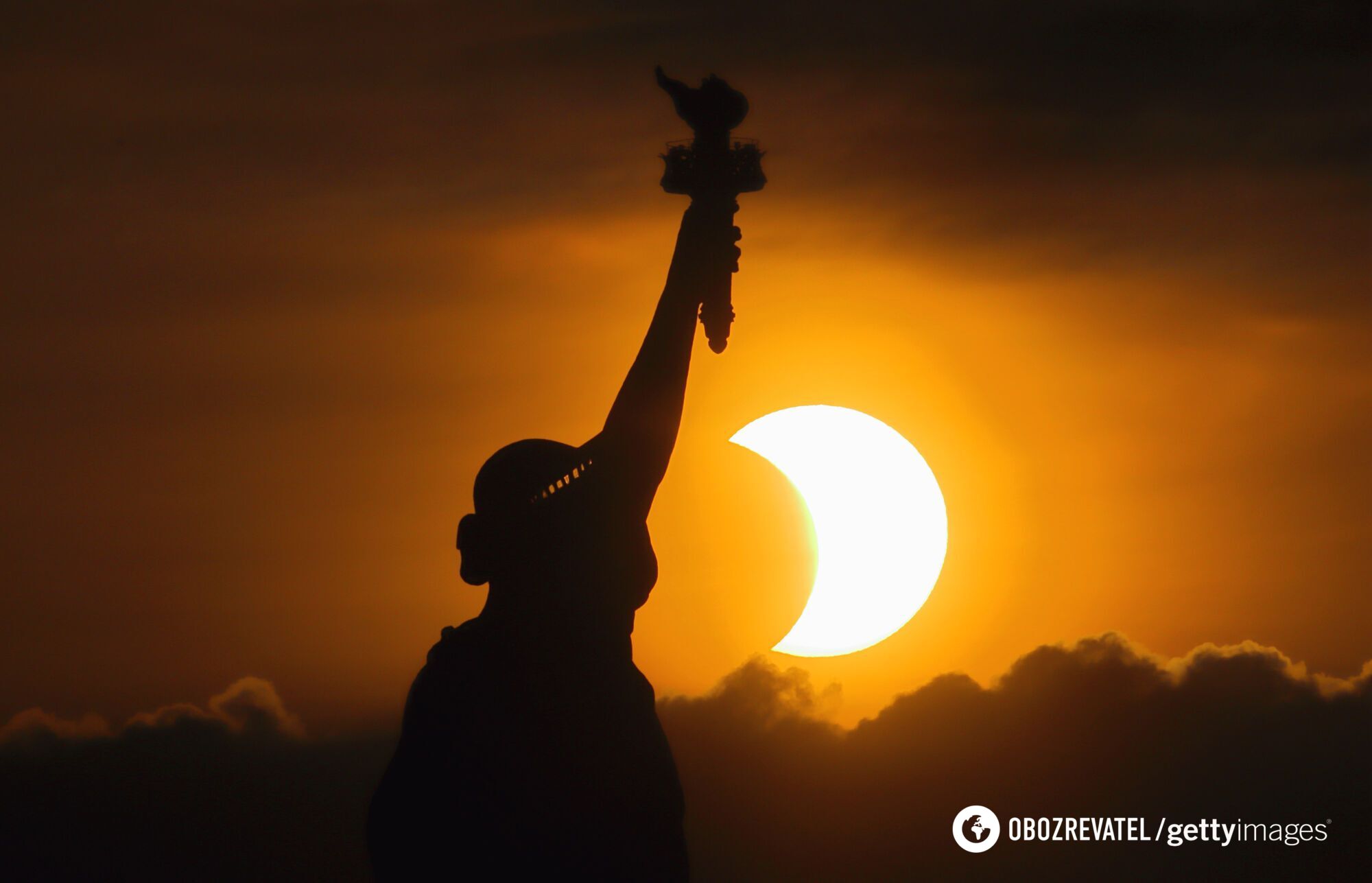News
NASA has a spectacular video of a solar eclipse on Mars: is it possible on other planets in our system besides Earth?
A solar eclipse is an exceptional astronomical event during which the Moon passes between the Sun and the Earth and covers the solar disk. The next eclipse will take place on October 2.
OBOZ.UA offers to learn more about solar eclipses on Earth. It will also tell you what it looks like on Mars and whether an eclipse of the Sun is possible on other planets of our solar system.
Solar eclipse on Mars
Mars has two moons, Phobos and Deimos. However, they are much smaller than Earth's moon, which weakens solar eclipses on the Red Planet. Also, Mars' satellites are irregularly shaped, so the eclipse is different from the beautiful disk that Earthlings see in the night sky.
According to NASA, several rovers have observed eclipses on Mars over the past 18 years. Spirit and Opportunity took the first slow-motion photos of Phobos back in 2004. Curiosity was the first to record a video of the eclipse.
But the most successful recording was made by the Perseverance rover, which used the Mastcam-Z camera system to capture video of Phobos eclipsing the Sun. NASA emphasizes that this is the most magnified image of the solar eclipse on Mars with the highest frame rate taken from the surface of this planet.
Scientists say that during an eclipse, Phobos blocks up to 40% of the light from the Sun. Deimos is smaller and much farther away, so it blocks only a small part of the light from the hot star.
Eclipses of the Sun on other planets in the solar system
Outside of the Earth-Moon system, eclipses do not occur on Mercury and Venus because they do not have natural satellites to cover the Sun.
Jupiter, on the other hand, experiences several eclipses at a time, as this gas giant has at least 95 moons. However, only five of its moons, Amalthea, Io, Europa, Ganymede, and Callisto, are large enough and close enough to the planet to block the Sun.
Due to the gigantic size of Jupiter and a certain inclination of the plane of the orbits of its inner moons, eclipses on the planet occur almost at every turn of the "gas geyser". Therefore, double, triple, and multiple simultaneous eclipses are not uncommon for Jupiter.
Because gas giant planets like Jupiter have no solid surface, no spacecraft has ever filmed an actual eclipse of one of the many moons orbiting these worlds. With ground-based and orbiting telescopes and spacecraft, we can only observe the shadows cast by the moons on their home planets.
The Juno spacecraft, which has been in orbit around Jupiter since 2016, has captured an amazing image of Io's shadow on the colorful tops of Jupiter's clouds. It also managed to capture the shadow of Ganymede on the gas giant.
Solar eclipses also occur on the planet with rings. The Hubble Space Telescope captured a series of images of a rare quadruple eclipse when Saturn's moons Enceladus, Dione, Titan, and Mimas passed through the planet, casting their shadows on the tops of clouds.
The best eclipses of the Sun
Scientists emphasize that eclipses like the ones seen by earthlings do not exist anywhere else in the solar system. After all, the Earth occupies a unique position with almost identical apparent diameters of the Moon and the Sun. This provides opportunities for annular and total solar eclipses.
When viewed from planets farther out in the solar system, the apparent diameter of the Sun decreases, and the apparent sizes of the satellites orbiting these planets are larger or smaller than the Sun.
Therefore, experts advise not to miss solar eclipses that occur on Earth, as they are unique in our entire solar system.
Only verified information is available on the OBOZ.UA Telegram channel and Viber. Do not fall for fakes!


